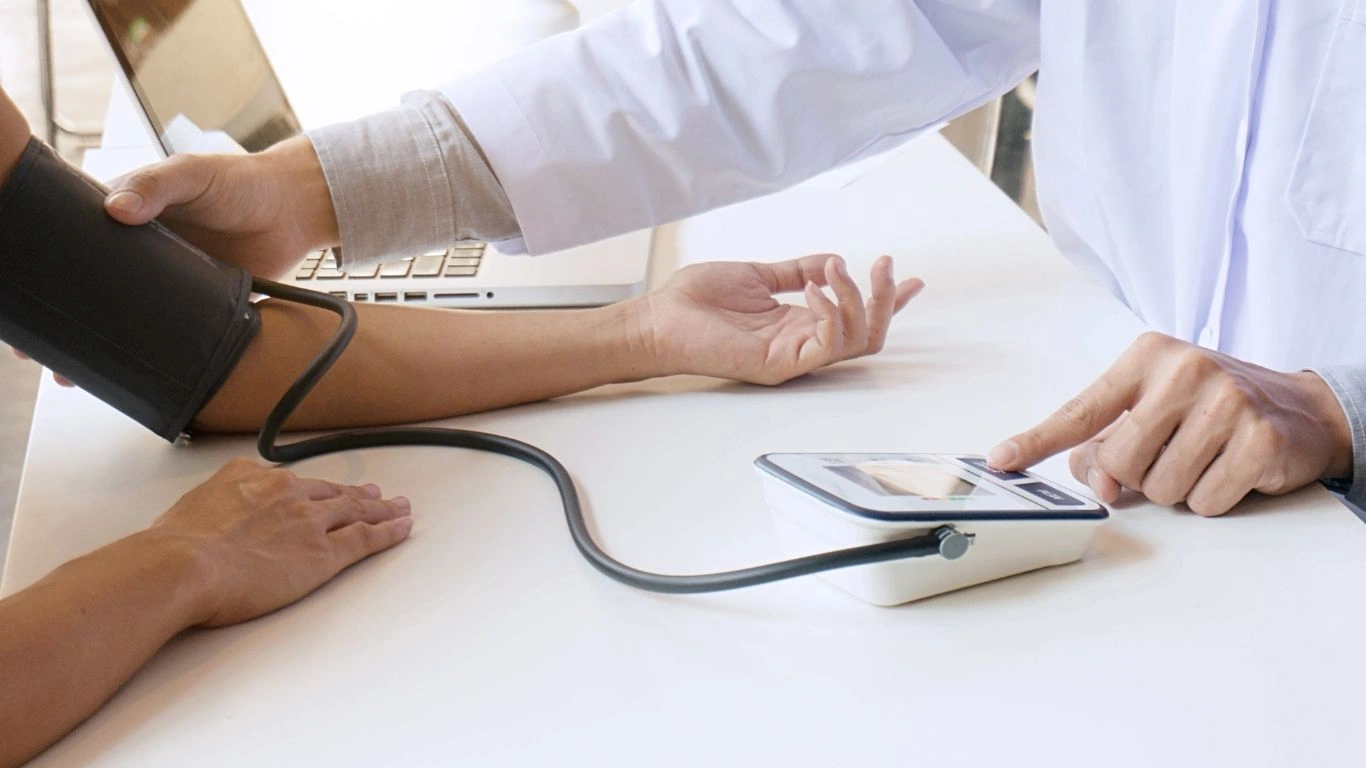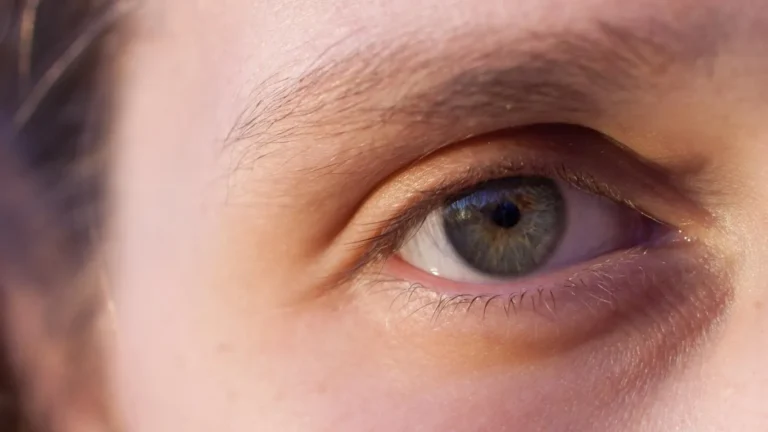How Vitamin B12 Affects Blood Pressure: Benefits and Insights
How does vitamin B12 affect blood pressure? This question comes up a lot in my practice. As a hypertension specialist, I’ve had patients ask me if adding more B12 to their diet can help lower blood pressure—or if a deficiency could be making their readings worse. The short answer? It’s complicated. But don’t worry—I’m breaking it all down in simple terms, using my experience in the field to guide you through the science, the myths, and what really matters when it comes to vitamin B12 and blood pressure.
Understanding Vitamin B12: What Makes It So Important?
Before we dive into its connection to blood pressure, let’s talk about what vitamin B12 actually does. This essential nutrient is like a power generator for your body—it helps create red blood cells, supports nerve function, and plays a major role in DNA synthesis. Without enough B12, things start going haywire, leading to issues like anemia, nerve damage, and, interestingly, potential blood pressure imbalances.
Does Vitamin B12 Directly Influence Blood Pressure?

Here’s where things get interesting. Unlike sodium or potassium—minerals with clear-cut roles in blood pressure regulation—vitamin B12’s impact is more indirect. But don’t underestimate it! I’ve seen patients with B12 deficiencies struggle with symptoms like dizziness, fatigue, and even heart palpitations, all of which can indirectly affect blood pressure readings.
How B12 Deficiency Can Lead to Hypertension
One thing I always emphasize to my patients: a lack of B12 doesn’t necessarily cause high blood pressure, but it can contribute to factors that raise it.
The Link Between B12 and Homocysteine Levels
One of the most critical connections between vitamin B12 and blood pressure lies in its relationship with homocysteine. If you haven’t heard of it before, homocysteine is an amino acid that, in excess, can damage blood vessels and increase the risk of cardiovascular issues—including high blood pressure.
Here’s where B12 comes in: this vitamin helps break down homocysteine, keeping levels in check. When someone is deficient in B12, homocysteine can build up, leading to endothelial dysfunction (a fancy term for when blood vessels don’t work properly). Over time, this can contribute to hypertension.
I’ve seen cases where simply addressing a B12 deficiency helped normalize homocysteine levels, improving overall heart health. So while B12 isn’t a magic cure for high blood pressure, it plays a crucial role in the bigger picture of cardiovascular wellness.
Symptoms of Vitamin B12 Deficiency That May Affect Blood Pressure

Now, let’s talk about signs your body might be running low on B12. While blood tests are the best way to diagnose a deficiency, I always encourage my patients to pay attention to symptoms, too. Some of the most common ones include:
- Fatigue and Weakness: Low B12 can lead to anemia, making it harder for your blood to carry oxygen efficiently.
- Dizziness and Lightheadedness: This is especially concerning for people with blood pressure issues, as it can lead to fainting.
- Heart Palpitations: Irregular heartbeats can sometimes be linked to B12 deficiency.
- Nerve Problems: Tingling or numbness in hands and feet could indicate nerve damage due to low B12 levels.
- Shortness of Breath: If your body isn’t getting enough oxygen due to anemia, it can make you feel out of breath even with mild activity.
Any of these sound familiar? If so, it might be worth getting your B12 levels checked, especially if you also have concerns about your blood pressure.
How Does Vitamin B12 Affect Blood Pressure Medication?

Here’s something many people don’t realize: some common blood pressure medications can actually contribute to B12 deficiency. I’ve had patients who were on antihypertensive drugs for years, only to later discover they had developed a B12 deficiency, which may have worsened their symptoms.
Medications That May Lower B12 Levels
Certain drugs can interfere with B12 absorption, including:
- Metformin: Used to manage diabetes, this medication is known to reduce B12 levels over time.
- Proton Pump Inhibitors (PPIs): Medications like omeprazole or lansoprazole, often used for acid reflux, can block B12 absorption.
- H2 Blockers: Drugs like ranitidine and famotidine, also used for acid issues, may contribute to deficiency.
If you’re taking any of these and experiencing symptoms of B12 deficiency, it’s a good idea to discuss with your doctor whether supplementation is necessary.
Dietary Sources of Vitamin B12 for Better Heart Health

The best way to ensure you’re getting enough B12? Through your diet! Unlike some other vitamins, B12 is naturally found in animal-based foods, so if you follow a vegetarian or vegan diet, you might need to be extra mindful.
Best Natural Sources of Vitamin B12
- Beef Liver: One of the richest sources of B12, though not everyone’s favorite!
- Fish: Salmon, tuna, and trout are excellent choices.
- Eggs: A good source, though the B12 is mainly in the yolk.
- Dairy Products: Milk, cheese, and yogurt all contain B12.
- Fortified Foods: Some cereals, plant-based milks, and nutritional yeast are fortified with B12.
If you’re not getting enough from food alone, supplements or B12 injections might be necessary—something to discuss with your healthcare provider.
How Vitamin B12 Can Support Your Blood Pressure Goals

We’ve covered a lot of ground so far, but now let’s focus on the positive side. While B12 isn’t a miracle worker for high blood pressure, I’ve seen firsthand how it can support your heart health and help people feel better overall. When you address B12 deficiency, the body functions better in general, which can lead to a smoother ride for your blood pressure.
How B12 Helps the Body Heal and Recover
Vitamin B12 supports the nervous system, helping to regulate stress levels and improve mood. This is particularly important for people with hypertension because stress is a well-known contributor to high blood pressure. By improving energy levels and supporting a healthy nervous system, B12 can help reduce the impacts of daily stress on blood pressure.
In my clinical experience, some patients report feeling less anxious and more energized after correcting a B12 deficiency. This indirectly helps with managing their hypertension. So, while B12 supplementation alone might not lower your blood pressure directly, it supports overall cardiovascular health and reduces the strain on your heart and arteries.
Supplementing with Vitamin B12: What You Should Know

If you’re wondering whether you should be supplementing with B12, the answer depends on your specific situation. For those at risk of deficiency, or if you’re already experiencing symptoms like fatigue, dizziness, or heart palpitations, it might be worth trying B12 supplementation. In my practice, I often recommend starting with a blood test to confirm a deficiency, which helps guide the proper dosage and form of supplementation.
Forms of Vitamin B12 Supplements
There are different ways to get your B12, and some are more effective than others for certain people:
- Oral Supplements: These come in the form of pills, lozenges, or liquids. They’re a common and easy option, but absorption can be an issue for some people, especially those with digestive problems.
- B12 Injections: For people with severe deficiencies or absorption issues, B12 injections are often the most effective way to quickly raise B12 levels.
- Nasally Administered B12: There are also sprays or gels that can be administered into the nose, which some people find easier to absorb than oral supplements.
Keep in mind that B12 is water-soluble, so your body can flush out any excess if you take too much. However, it’s still important to follow your healthcare provider’s recommendations to avoid any potential side effects or interactions with other medications.
How to Monitor Your Progress
After you begin supplementing with B12, how do you know if it’s working? The answer varies from person to person, but many people notice improvements in energy levels, reduced stress, and better overall well-being within a few weeks to a few months.
For those with hypertension, monitoring your blood pressure regularly is crucial. If you’ve been dealing with high blood pressure, I always recommend tracking your readings at home and sharing them with your doctor. Keep an eye out for trends—if you see improvements alongside B12 supplementation, that’s a great sign! But remember, this isn’t a standalone fix, and you’ll want to continue working on other lifestyle factors like diet, exercise, and stress management.
When to Seek Professional Help
If you’re not seeing improvement with B12 supplementation or if your blood pressure remains high despite changes, don’t hesitate to reach out to a healthcare professional. As a hypertension expert, I always emphasize the importance of a comprehensive approach to managing high blood pressure. B12 can be a helpful tool in that toolkit, but it’s just one piece of the puzzle.
Additionally, some people might experience side effects from B12 supplements, though it’s generally rare. If you experience unusual symptoms like swelling, trouble breathing, or a rash, it’s important to contact a doctor immediately.
References
For more information about vitamin B12 and its role in cardiovascular health, you can explore these reliable resources:
- Healthline: Vitamin B12 Deficiency Symptoms
- WebMD: Best Foods for Vitamin B12
- Mayo Clinic: High Blood Pressure Causes
These sources can give you a more detailed look at the science behind vitamin B12 and its impact on health, particularly when it comes to blood pressure management.
Disclaimer
Always consult with your healthcare provider before starting any new supplement regimen, especially if you are managing high blood pressure or other medical conditions. This article is for informational purposes only and should not replace professional medical advice.

Dr. Gwenna Aazee is a board-certified Internal Medicine Physician with a special focus on hypertension management, chronic disease prevention, and patient education. With years of experience in both clinical practice and medical writing, she’s passionate about turning evidence-based medicine into accessible, actionable advice. Through her work at Healthusias.com, Dr. Aazee empowers readers to take charge of their health with confidence and clarity. Off the clock, she enjoys deep dives into nutrition research, long walks with her rescue pup, and simplifying medical jargon one article at a time.






